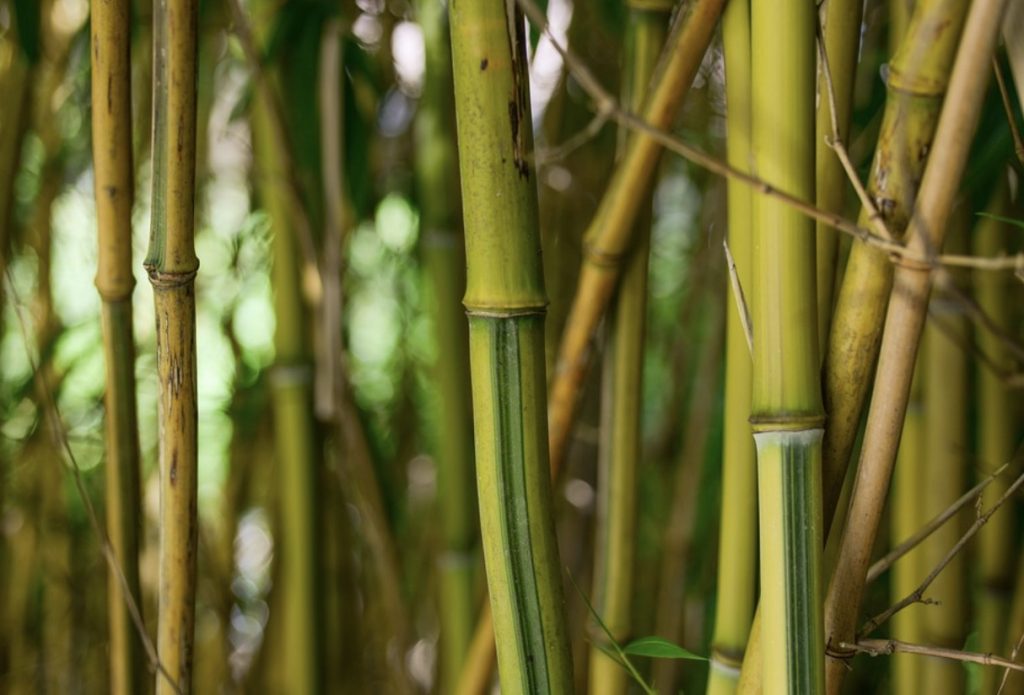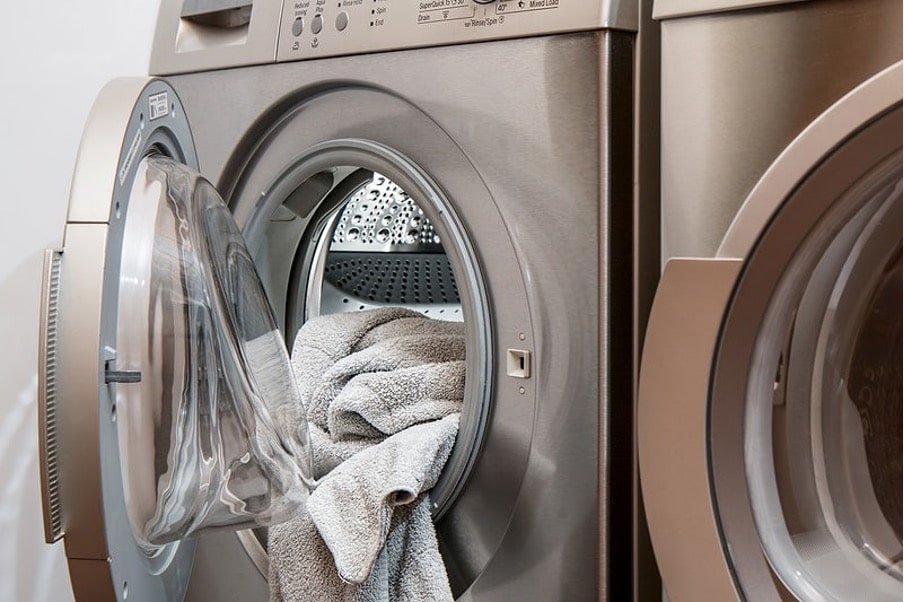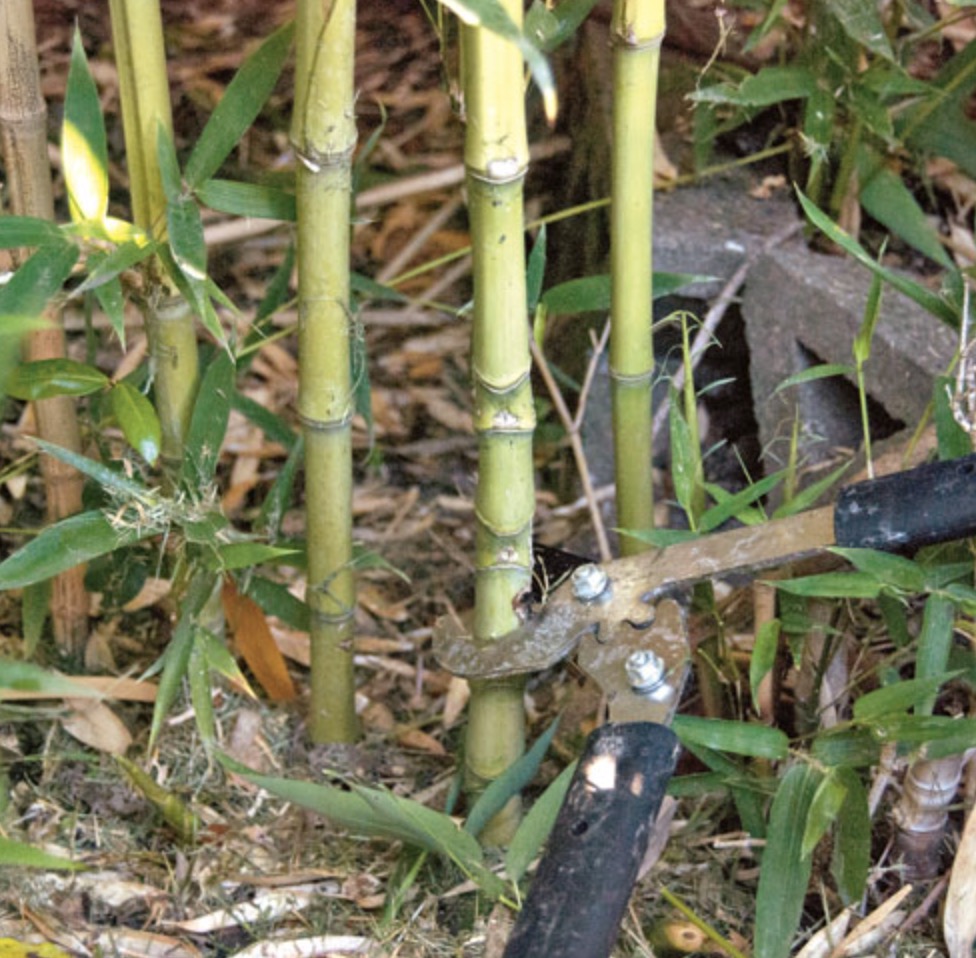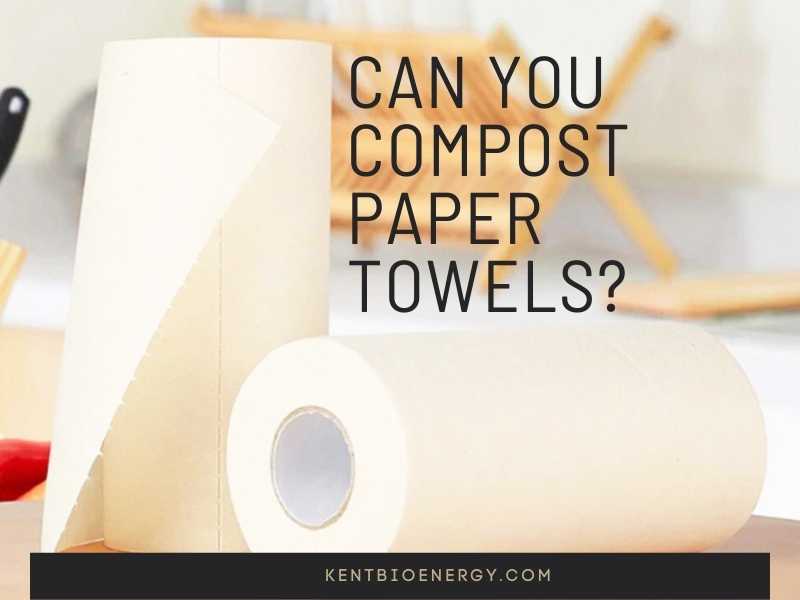Green living is now an inevitable trend, using a bamboo toothbrush brings many benefits to the environment, helping to eliminate tons of plastic waste, which is killing our environment. Bamboo toothbrushes also have many outstanding advantages compared to plastic toothbrushes, but when using them, there are also a few caveats. Let’s see how a bamboo toothbrush is structured and its advantages compared to a plastic toothbrush. So How to Store & Care for Your Bamboo Toothbrush? Let’s find out with Kent through the article below
Composition of bamboo toothbrush
The brush handle is ergonomically designed, sturdy, designed in harmony with the brush head. The material for making is of course bamboo.

The soft bristles, usually made of bamboo charcoal fiber, are highly resilient. Bamboo charcoal fiber contains polyphenol compounds in tea, which is very good and safe and gentle for the gums. However, bamboo charcoal also has some undesirable effects, so people also use ordinary bamboo fiber.
Why Are Bamboo Toothbrushes Better Than Plastic?
Bamboo decomposes naturally faster than plastic
Bamboo is an organic plant, so it doesn’t take as long to biodegrade in nature as plastic. Normally, bamboo toothbrushes after use will be recycled for other purposes, or treated before letting it decompose. If you don’t handle it but let it decompose naturally, this process will take too long, from a few months to a year depending on the weather it will completely decompose.
Bamboo toothbrush is durable and flexible
Bamboo is a very strong and flexible material, in construction, it is sometimes used as a scaffold, its hardness is considered to be higher than that of oak. When heated through fire you can bend bamboo very flexibly. Therefore, the lifespan of a bamboo toothbrush is usually very long. Bamboo toothbrushes can be used for about 3 to 4 months similar to plastic toothbrushes.
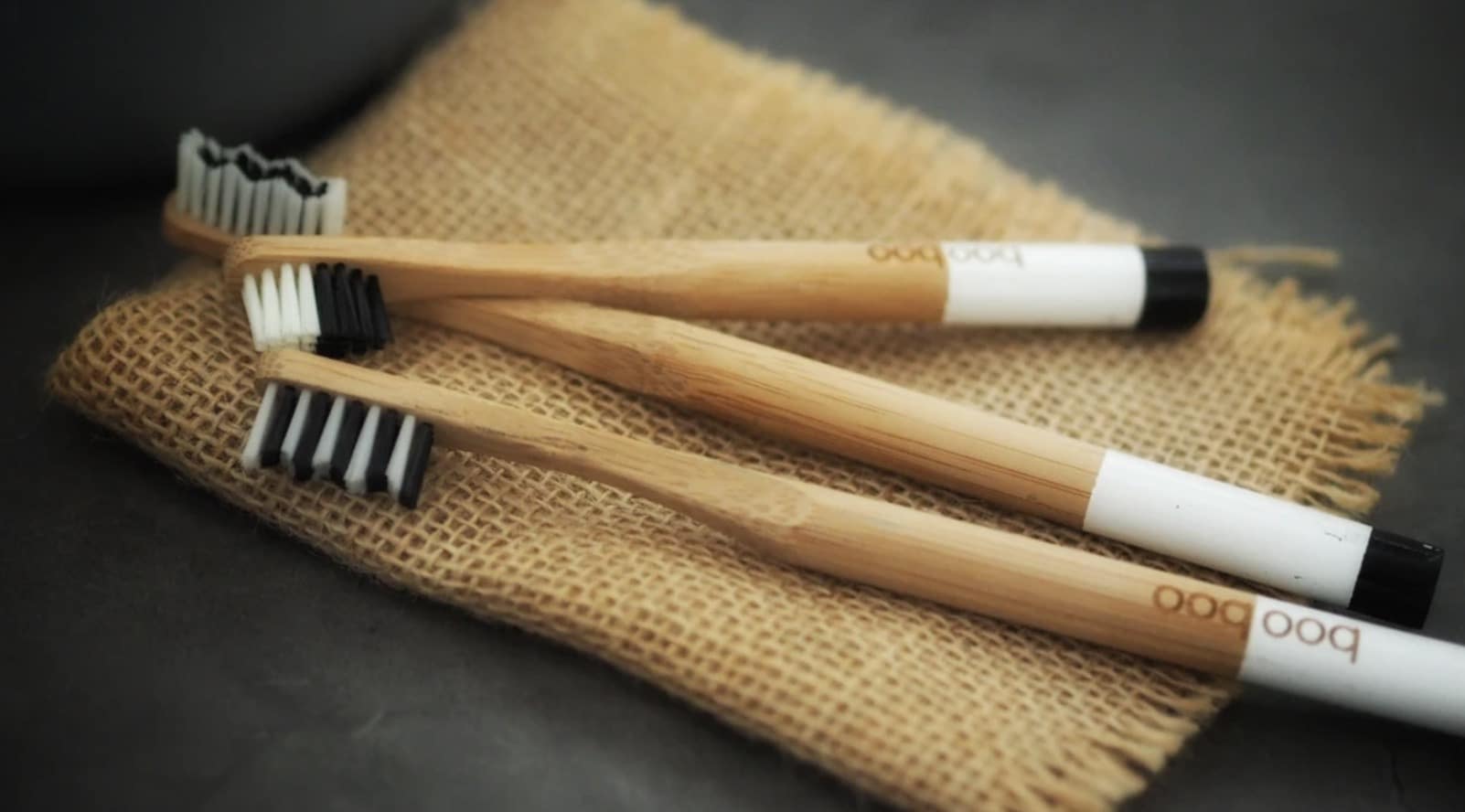
Bamboo toothbrushes are antibacterial
Bamboo has natural antibacterial properties, so toothbrushes made from bamboo also have the same effect. This feature helps to partially treat bacteria in the mouth, plastic toothbrushes can’t do this, but you still have to clean your bamboo toothbrush.
Bamboo is environmentally friendly
Bamboo is environmentally friendly. Bamboo is a completely natural material so its impact on nature is completely positive, and plastic is causing serious environmental pollution, especially in the ocean environment.
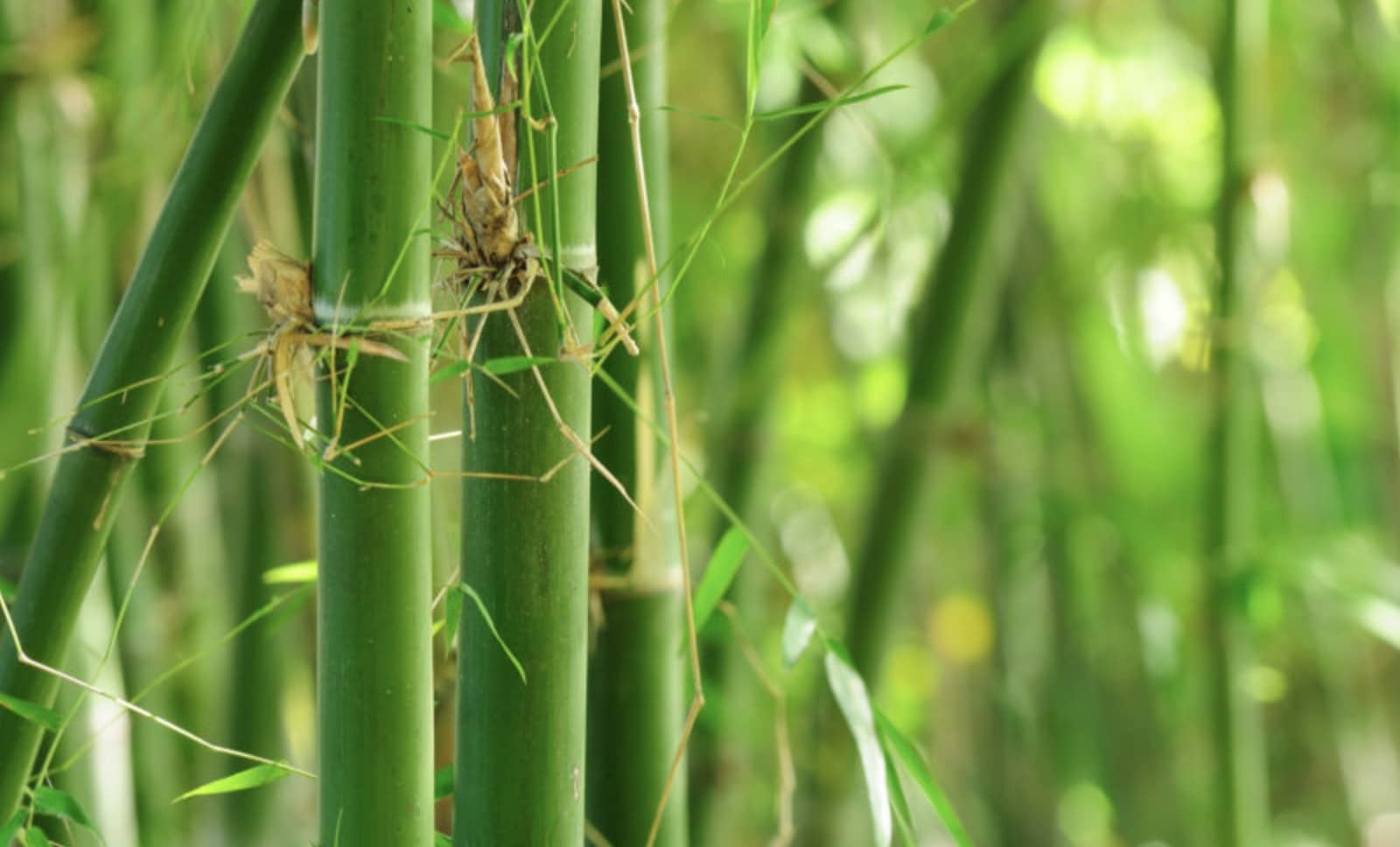
Bamboo is a very fast-growing plant, it only takes 3 to 4 months to fully develop, growing bamboo does not use pesticides, so it is very friendly to the soil and water environment.
Bamboo decomposes easily in nature and grows bamboo creates benefits for our environment. For example, bamboo roots help to fix the soil and prevent erosion caused by the rainy season. It also helps the soil retain water in the dry season, bamboo also absorbs a lot of CO2 due to its fast growth rate. Along with the development of the bamboo market, the development of bamboo materials brings many benefits to the environment.
How to Store & Care for Your Bamboo Toothbrush?
Bamboo toothbrushes require you to be more careful when storing them than regular plastic toothbrushes.
First keep the toothbrush in a dry place, after brushing your teeth, shake the toothbrush head vigorously to remove the water, then put it in a cup or box, uncovered to help it ventilate.
Place it upright so that the water runs down the part. handle, this handle may fade after a while, don’t worry about it.
When cleaning the bristles of your toothbrush, soak it in shallow water or an antiseptic mouthwash solution.
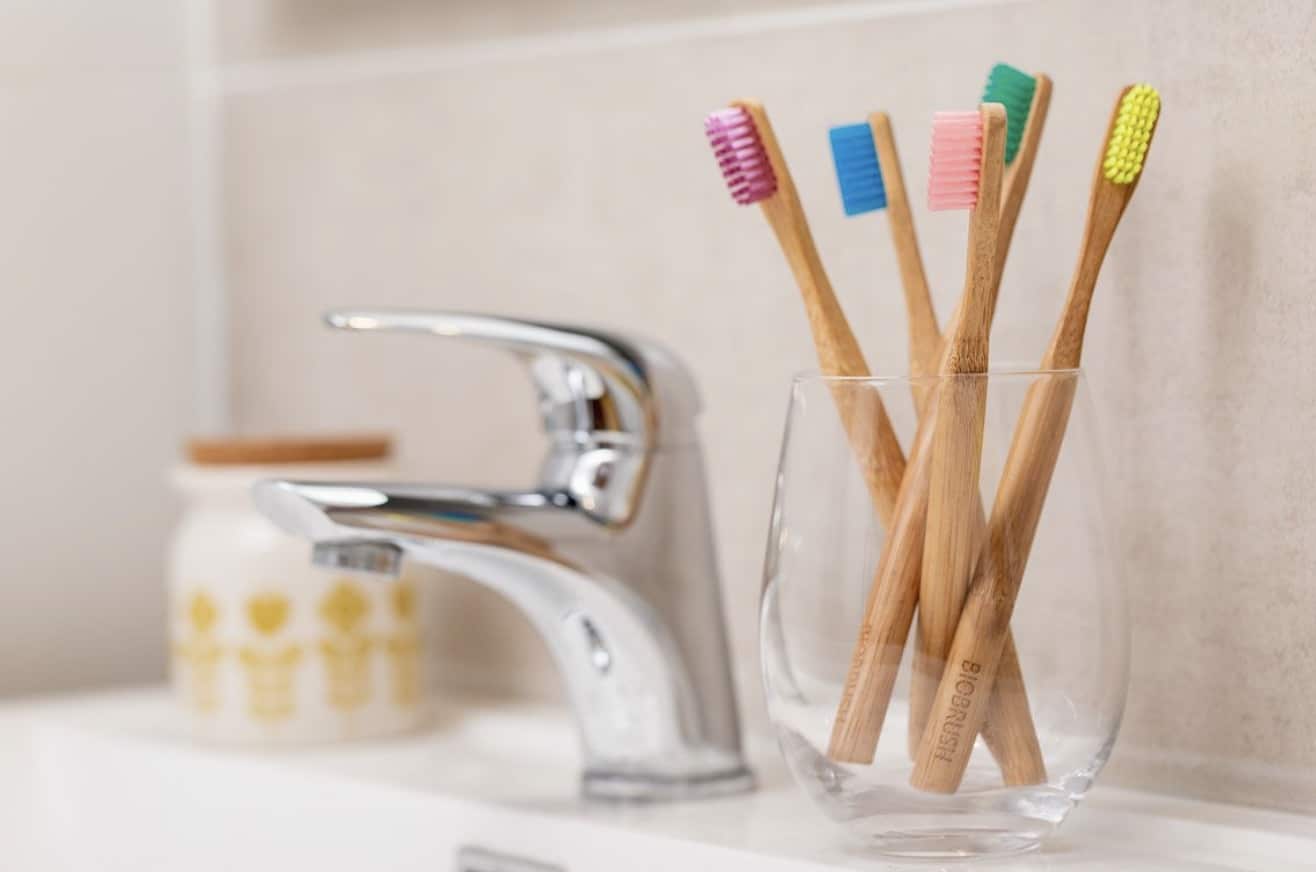
Proper disposal of a bamboo toothbrush
Disposal of a bamboo toothbrush
The different parts of the toothbrush can be disassembled for proper disposal.
The bristles are not biodegradable at a rate that is considered compostable by most people. It is rare for the bristles to be recyclable but could be recyclable in your city.
The issue with recycling bristles is that they are very small and lightweight: curbside recycling will not work.
You may be able to work out a solution by contacting your local recycling facility. But otherwise, the bristles will have to be landfilled, nylon-4 will eventually biodegrade but not at a rate that most people consider fast enough.
The handle can be reused or disposed of in a commercial composting bin.
Removing the Bristles
The bristles on Bambrushes are currently made from Dupont Nylon a special hygienic nylon material which can only be recycled or disposed of traditionally.
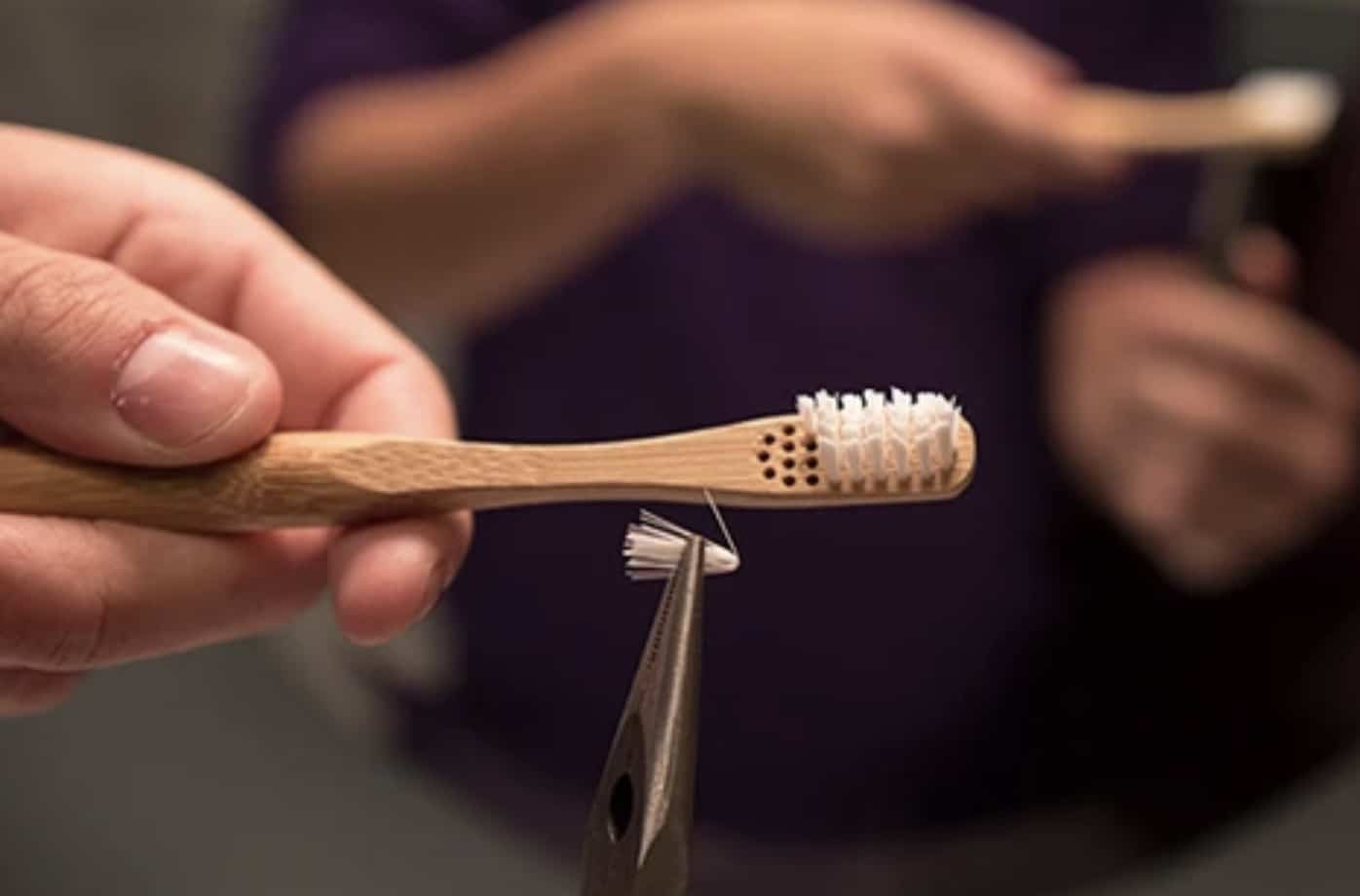
To properly biodegrade a Bambrush you must first either snap off the head of the brush or remove the nylon bristles with pliers.
Reuse or compost the bamboo handle
The stem of the brush is 100% Moso bamboo and is 100% biodegradable. It can be disposed of in a commercial composting bin and will safely return to the soil within a few months.
How to dispose of the packaging
BamBrushes are wrapped in a kraft paper bag. This is a huge step for us in making BamBrush 100% plastic-free. Kraft paper is unbleached and bio-based making it completely biodegradable.
Bamboo toothbrush is an all-natural product that effectively protects the environment. It has many uses and helps you express your personality. Maintaining a bamboo toothbrush is not complicated compared to a plastic toothbrush so don’t hesitate to use this product.
Related Articles
Help Us! Share on:




